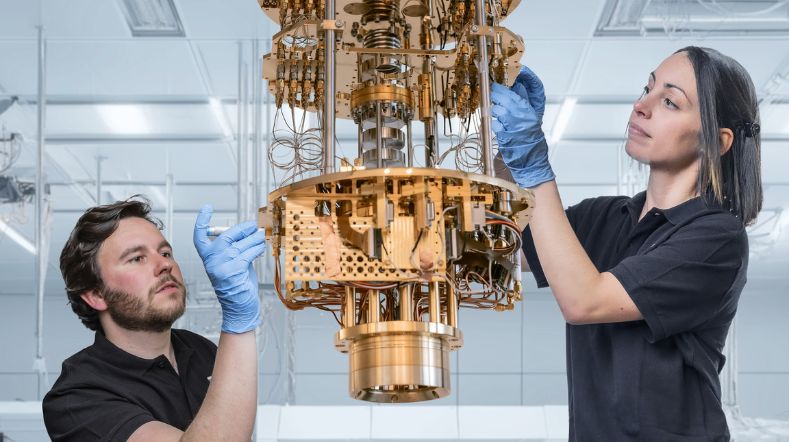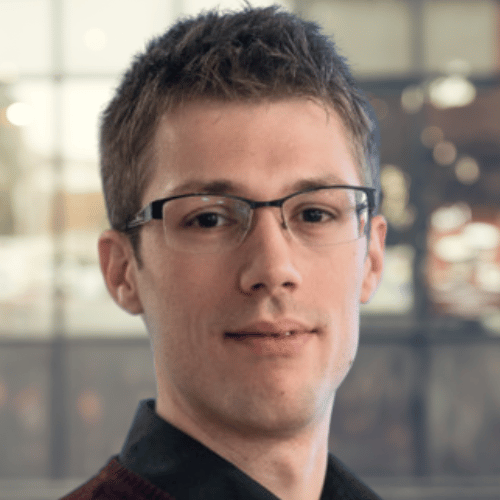Naval and Offshore Structures
Within the Naval and Offshore Structures (NOS) department, we contribute to a safe society and a successful energy transition by combining a strong understanding of materials and structures, expert modelling capabilities, and unique laboratory facilities. Working in both the naval and civil maritime/offshore domains, NOS addresses common issues and helps clients implement cross-domain solutions.
Contributing to a safe society
The world is experiencing an increase in large armed conflicts and growing instability. The safe society we once took for granted is no longer a given. Maintaining this safety is one of today's significant societal challenges. Protecting our military forces against current and future threats requires advanced technological solutions.
To prepare our navy, the Dutch government needs to update its knowledge base and replace several vessels. They have launched a multiyear investment programme for vessel replacement and necessary knowledge development. Our department plays a vital role in this knowledge development and the replacement programme.
Supporting the energy transition
In the transition to net-zero emissions, maritime and offshore operations aim to minimise CO2 emissions. Hydrogen, ammonia, and methanol are key alternative fuels considered, along with carbon capture and battery systems. These fuels impact ship design and operations and pose additional risks. Regulations must balance safety and feasibility. NOS's contribution to the risk assessment for hazardous cargo transport enables this transition.
In renewable energy, we focus on offshore structures like wind turbines and floating solar. Scaling up presents design, manufacturing, and installation challenges. We develop tools to assess and predict the lifespan of these structures, including modular blades, helping optimise designs, prevent failures, and reduce downtime.
Laboratories and field experiments
At NOS we conduct tests at different scales to validate our models and assess the safety of structures. These tests are conducted in various highly specialised TNO laboratories with unique facilities.
- Our Structural Dynamics (SD) lab is one of only three globally that can simulate underwater explosions according to the latest shock standards without using actual explosives.
- For blast and ballistic experiments conducted for the Dutch government we collaborate closely with TNO's Laboratory for Ballistics Research (LBR).
- To support the energy transition many experiments are conducted in the Delft Building Innovation Lab (DBL) and the Chemical Biological Radiological and Nuclear (CBRN) labs. Small and large mechanical experiments and spill tests for alternative fuels are examples of tests performed in this lab.
When lab experiments are insufficient, field tests are performed. Field tests are a significant part of our work, serving as qualification tests for equipment and providing validation data for numerical simulations.
Research areas
- Material behaviour of steel and composites
- Numerical modeling and progressive failure prediction of structures
- Mechanical lab and field experiments under extreme conditions (cryogenic, shock, explosive, corrosive)
Three technology lines
Within NOS, we have three technology lines leveraging our core expertise and knowledge. This approach allows us to transfer expertise between domains, accelerating developments and maximising benefits across both naval and civil maritime & offshore applications.
We combine theoretical knowledge, numerical simulations, lab experiments, and field experiments to evaluate and improve the protective capabilities of naval vessels, including submarines. Our understanding of materials and structures under high dynamic loads allows us to provide the Dutch navy with innovative solutions for current and future threats.
For example, we develop blast bulkheads and assess the effects of underwater explosions, ensuring the safety of navy personnel and society. Vulnerability extends beyond the hull structure to onboard systems like radars, weapons, propulsion, and communication. Using our RESilience Simulation for Ship Targets (RESIST) tool, we assess the vulnerability of navy ships. Our advanced lab facilities support these efforts.
With the theoretical, numerical, and experimental expertise of NOS, we provide essential information for risk-based assessments. We model the failure behaviour of metals and composites across a wide range of temperatures. Experiments in our TNO laboratories (SD, DBL, LBR, and CBRN labs) study the effects of alternative fuels like hydrogen and methanol on materials. This research generates insights into effects of alternative fuel usage on material behaviour and structural design and provides input, evidence, and validation for our models.
To perform lifetime assessments, we focus on the fatigue lifetime and structural limits of steel and composite structures. We combine theoretical and numerical expertise in, for example, fracture mechanics, plasticity, thick adhesive bond lines and other failure mechanisms with material and component testing in our SD laboratory and the DBL. This approach is used to assess the lifetime of renewable energy structures, such as offshore wind blades and solar-at-sea solutions.
Public trust in nuclear energy requires an adaptive policy approach
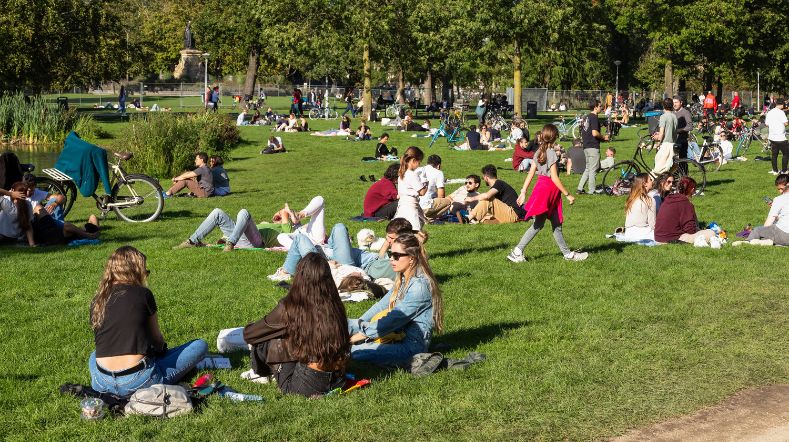

Unlock System Transitions

Time setter story: Janice Odijk on objective recruitment
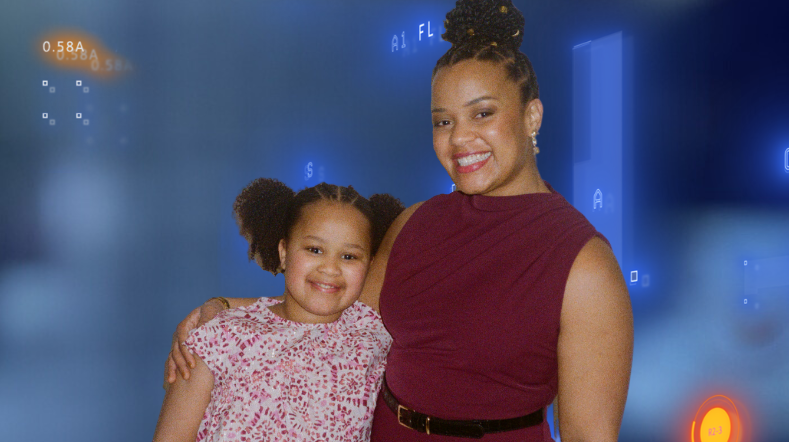

Thermoplastic composites
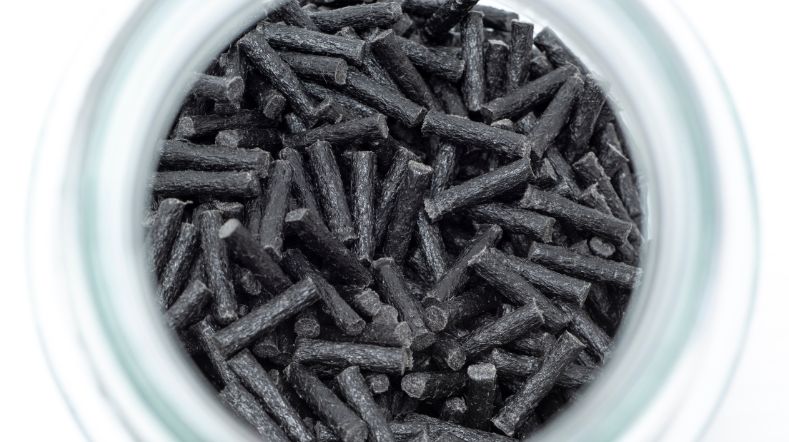

TNO expands quantum information technology testing capabilities to support startups
